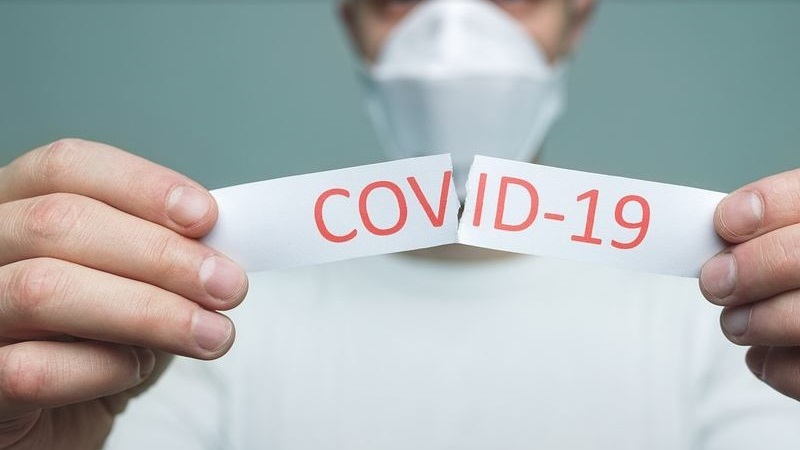A Spring Valley man was charged in White Plains federal court with a $1.6 million COVID-19 fraud scheme.
According to a June 9 Department of Justice news release, Eliezer Scher is being charged with wire fraud in connection with an elaborate scheme to defraud the U.S. Small Business Administration out of greater than $1.6 million in COVID-19 relief money. The indictment was announced by U.S. Attorney for the Southern District of New York Damian Williams and the Deputy Director in Charge of the New York Office of the Federal Bureau of Investigation Michael J. Driscoll.
“As alleged, the defendant schemed to steal taxpayer funds intended for small businesses in need of assistance during the pandemic," Williams said in the release. "My office will continue to investigate and prosecute those who illegally seek to profit from a national emergency.”
“Administration of more than $1.6 million in COVID-19 relief funds," Driscoll said in the release. "Elizier Scher allegedly made materially-false statements in at least a dozen applications for money intended to assist honest businesses navigate the financial hardships they faced as a consequence of the pandemic. As today’s action demonstrates, the FBI remains committed to bringing to justice those who would aim to serve their own greed at the expense of the government and American taxpayers.”
The SBA is a federal company that has control of assistance to America's small businesses, according to the release. This also includes the Economic Injury Disaster Loan program, which was created to distribute money to aid small businesses reintegrate after the economic impacts of the COVID-19 pandemic. The top value of each EIDL loan is identified by a formula based on the dates the person wanting the loan began business and the gross receipts and cost of goods sold of the borrower for the year before Jan. 31, 2020.








